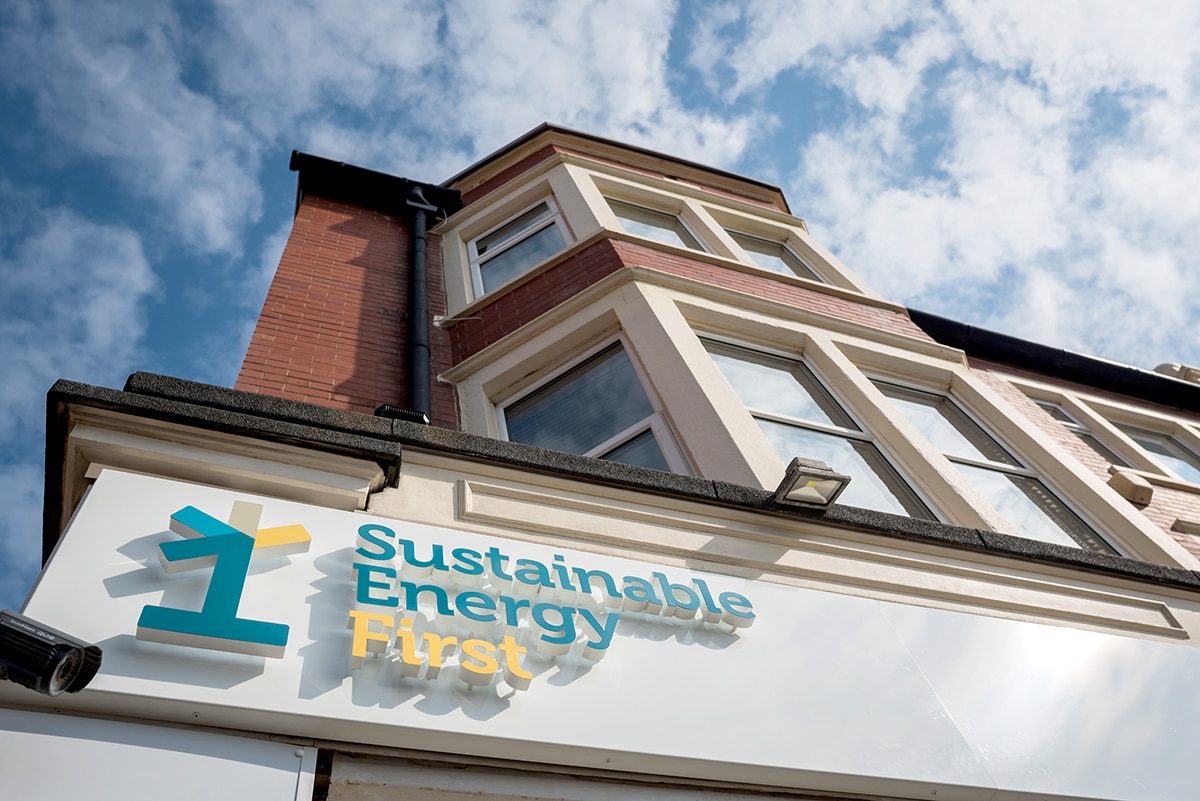“The CCC report outlines ambitious, but not unfeasible, targets for hitting net zero emissions by 2050. Climate change strategy is already the main driver for changes to the way that we use and pay for energy, and a robust strategy is to be welcomed if it results in a clear roadmap for the future.
“The report also acknowledges that – to hit this target – a number of large infrastructure projects will need to be implemented. This includes upgrades to the electricity distribution and transmission networks, hydrogen generation, carbon capture and pumped storage, among others.
“While the report hasn’t gone as far as to put a firm figure on the investment spend required – although it estimates that the cost of meeting a net-zero target will be around 1-2% of GDP in 2050 – past examples have shown that such projects are notoriously prone to overspend. Therefore, the focus should be on proven technologies, rather than too much innovation.
“The CCC says that HM treasury will decide how to fund the transition, so it is key that any policy does not disadvantage UK industry. History shows that such funding will come from direct taxation of energy, so what we have recommended for some time still stands i.e. business consumers should continue to look at ways that they can use less energy – this not only helps them contribute to the greenhouse gas reductions, it also reduces their exposure to increased costs.”





